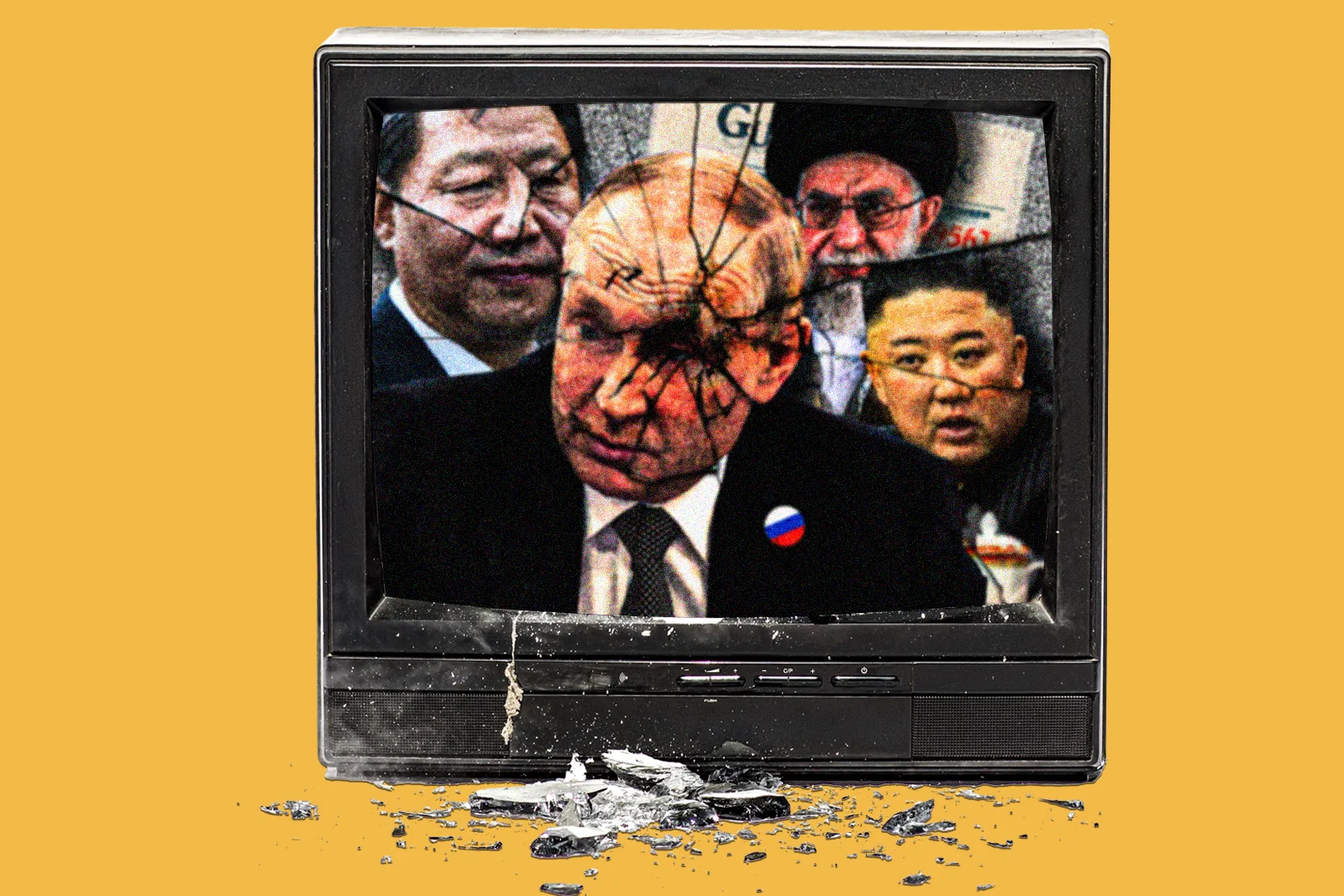
The Unintended Consequences of Western Sanctions
Over the last two decades, the international community, including European nations, has leaned heavily on sanctions and policies of restraint as their principal tools in foreign policy. The aim was simple: recalibrate the actions of states seen as defiant or non-compliant. Yet, despite the political and economic costs involved, these efforts have largely fallen short. The anticipated outcomes have not materialized. This approach has unintentionally spurred a tighter alliance among nations in the Global South, posing a direct challenge to the rules-based order long championed by the West. This reality calls for a fresh look at diplomatic strategies.
Under the radar, sanctioned nations have successfully built economic alliances, creating a new, increasingly progressive financial landscape compared to the West. In the 1970s, China, India, and other emerging economies accounted for just 26% of the global economy. By 2023, their share had surged to 53%. Meanwhile, the economic influence of the sanctioning nations slipped from 62% to just 44%. This shift in global power, combined with growing wealth in the Global South, makes it less likely that these nations will bow to Western sanctions or abide by the rules of the traditional world order.
These economic shifts highlight a more significant, fundamental trend: countries subjected to sanctions are not just surviving but thriving. This undermines the effectiveness of sanctions as a foreign policy tool, prompting a reevaluation. The rise of the Global South has fundamentally altered the global economic landscape, rendering conventional sanctions increasingly obsolete.
The early days of Russia’s invasion of Ukraine seemed to validate Western reliance on sanctions. The U.S. and Europe implemented embargoes that crippled Russia’s economy and military capabilities, applying unprecedented pressure on Russian President Vladimir Putin. Yet Russia’s resilience—facilitated by various state and non-state actors that circumvented sanctions—has been striking. These actors have helped restore essential military supplies, including advanced fighter aircraft, radar systems, and electronic warfare capabilities, underscoring their pivotal role in Russia’s military infrastructure.
In the digital sphere, the battleground has shifted. In concert with government agencies, non-state actors use cyber warfare to evade Western sanctions. Hackers and cybercriminal organizations launch sophisticated cyberattacks on critical infrastructure, disrupting vital systems. They don’t stop there—they also run disinformation campaigns, sowing division with conspiracy theories and extremist ideologies. These campaigns fuel anti-Semitic rhetoric, bolster far-right extremists like neo-Nazis, and erode trust in liberal democracies, ultimately undermining the very foundation of the international order.
One prominent example is the pro-Russian disinformation that played a role in the 2016 U.S. presidential election. Such efforts have significantly shaped the views of Western youth and elites, many of whom now show decreasing interest in supporting leaders like Ukrainian President Volodymyr Zelensky or Israeli Prime Minister Benjamin Netanyahu. Similarly, protests by university professors and students against Israeli policies in favor of Gaza underscore this shift in sentiment. Even Jewish activists against Netanyahu’s government have joined the protest movement to express their discontent.
Over the past twenty years, U.S. and European military interventions in the Middle East—specifically in Iraq, Afghanistan, and Libya—have destabilized the region, raising serious questions about Western commitment to peace. These interventions have set a dangerous precedent, signaling to other nations that acting outside international norms might be acceptable, even when it comes to the use of weapons of mass destruction. The implications have been far-reaching, emboldening leaders like Putin to consider deploying tactical nuclear weapons.
Sanctions and isolation have also contributed to the proliferation of weapons of mass destruction. Countries like Russia, Iran, and North Korea, cornered by sanctions, have increasingly sought alliances with non-state actors and opposing states as a means of self-preservation. This has further divided the Global South from the West, exacerbating geopolitical tensions and accelerating the arms race.
As North Korea continues to flex its nuclear muscles, the challenge for the U.S. and Europe grows more complex. The country’s isolation, compounded by sanctions, has severed its ties with international bodies like the International Atomic Energy Agency (IAEA), giving Pyongyang a free hand to advance its nuclear ambitions. Without oversight, North Korea has enhanced its nuclear arsenal, tested hydrogen bombs, and refined its ballistic missile capabilities, posing a grave threat to the region.
The rise of proxy wars and terrorism by armed factions can be directly traced to the sanctions and isolation policies that have gained prominence in recent years. These groups, often backed by sympathetic governments, have become significant players in international conflicts, exerting influence far beyond their borders. Their existence is a persistent challenge to Western nations, entangling them in a web of protracted disputes.
In the Middle East, proxy groups have established strongholds, challenging major global powers and prolonging conflicts. For instance, the U.S.-led invasion toppled Iraq’s Saddam Hussein in just 20 days in 2003, but the influence of proxy factions continues to destabilize Iraq. Similarly, while the Taliban and al-Qaeda were initially subdued in Afghanistan by a U.S.-led offensive in 2003, resistance from proxy factions endured, culminating in the withdrawal of American and European forces after two decades of conflict.
The persistence of Western-style sanctions seems to foster one clear outcome: empowering proxy actors with growing financial and military influence. This trend is making the strategic interests of Western nations—particularly the U.S. and Europe—increasingly insecure. Conflicts in critical regions like the Red Sea, the Bab al-Mandab Strait, and potentially the Mediterranean could soon spill over into Europe and the U.S., amplifying the unintended consequences of embargoes and isolation policies.
